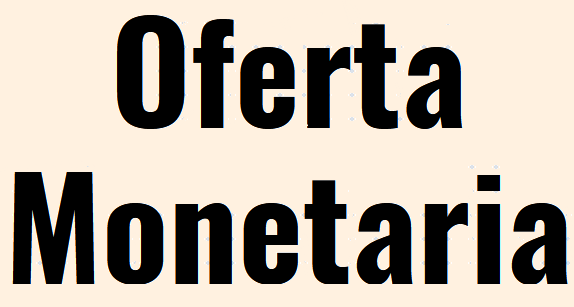
The money supply is the amount of money in an economy at any given time.
The money supply is made up of cash, coins and bills belonging to households and businesses, as well as bank deposits, checks, promissory notes and similar financial products.
Central banks use the money supply as a tool for controlling inflation. Excess money supply, i.e. money in circulation, can lead to an increase in inflation. Conversely, a decrease in the money supply can lead to an increase in interest rates and a decrease in inflation.
For central banks, control of the money supply is a tool for carrying out economic policies aimed at maintaining price stability. Within the money supply there are different types of money which are called monetary aggregates: M1, M2, and M3, which are a way of classifying the type of money according to its liquidity.